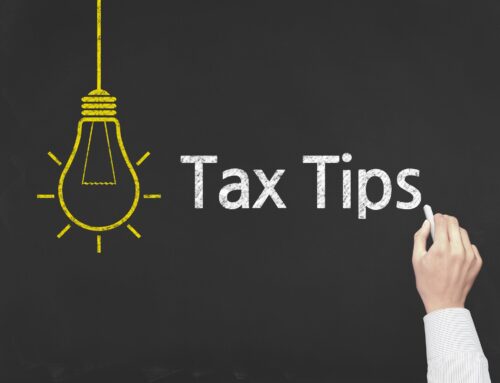
We’re coming up on the end of the year, and while it’s a time to take a break and enjoy the holiday season, it’s also a good time to consider tax strategies that may benefit you. Because taxes are calculated from January 1st to December 31st of each year, and certain retirement rules and laws reset at the same time, you may have some significant last-minute moves you can make with your money before the tax year is over.
- Gift Tax Exemptions
Each year, you can give up to $17,000 to any number of people tax-free. This means that if you have two children, you can give each of them $17,000 without a tax penalty in 2023.[1] This can be something you do as part of your estate plan. It can sometimes reduce the tax burden for your estate when it comes time to transfer it to your heirs. So, suppose you’re looking to make a sizable gift as part of your strategy. In that case, you can make a gift of $17,000 in the final days of 2023, then make another in the early days of 2024 under the new 2024 gift tax limit, essentially allowing you to donate twice the amount you could have during any other part of the year. You may also want to wait until the new year to make a gift if you’re already close to the gift tax exemption limit.
- Consider Tax-Loss Harvesting
Tax-loss harvesting is a complex tax-minimization strategy, but it may be worth looking into if your portfolio experienced losses in 2023. To execute this strategy, you sell assets at a loss in order to record those losses for your taxes in the current year. Then, you purchase a security with a similar investment profile so that your position is similar to your previous position.[2] This way, you can record a loss even though you’re still invested in a like-kind security that can benefit from a bounce-back in price.
- Consider Maximizing Your Retirement Account Contributions
There are limits for yearly contributions to each retirement account. As the end of the year approaches (especially if you are over 50 and able to utilize catch-up contributions), you can reach your contribution limits before the year ends and continue to contribute as the new year starts. This can help you maximize your contributions quickly so you can catch up on your retirement savings if that’s a key goal for you. If you have a traditional 401(k), contributions to your 401(k) will be taken off your income for the year that they were contributed. You will still have to pay taxes on those contributions as income when you withdraw them.[2]
Keeping track of tax laws and executing tax strategies is a complex task. You may have the right idea when attempting to execute your own tax minimization strategy, but you could end up with a much larger tax burden if you aren’t aware of the minutia of tax and retirement laws, how they change each year, and how those changes may affect your short- and long-term tax strategy. A financial professional is well-versed in these specifics and can help you successfully execute a tax minimization plan.






